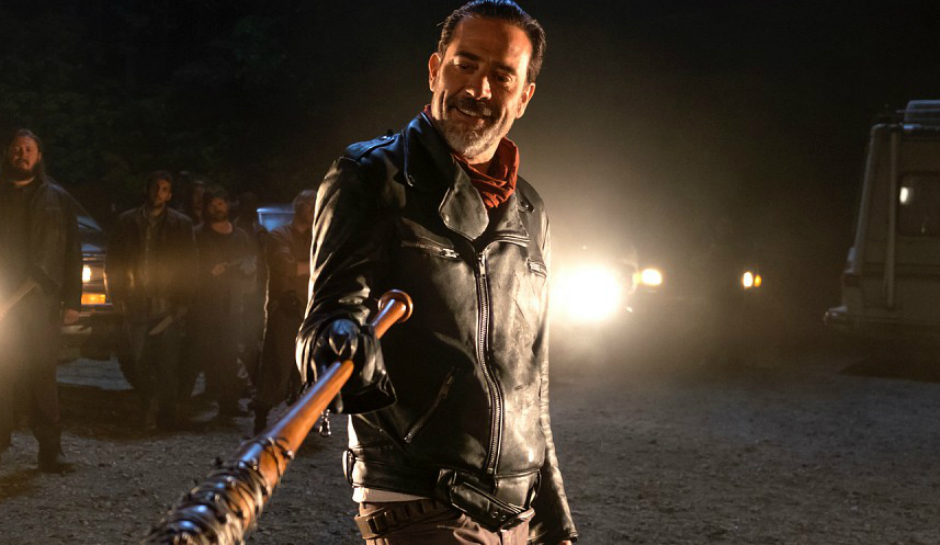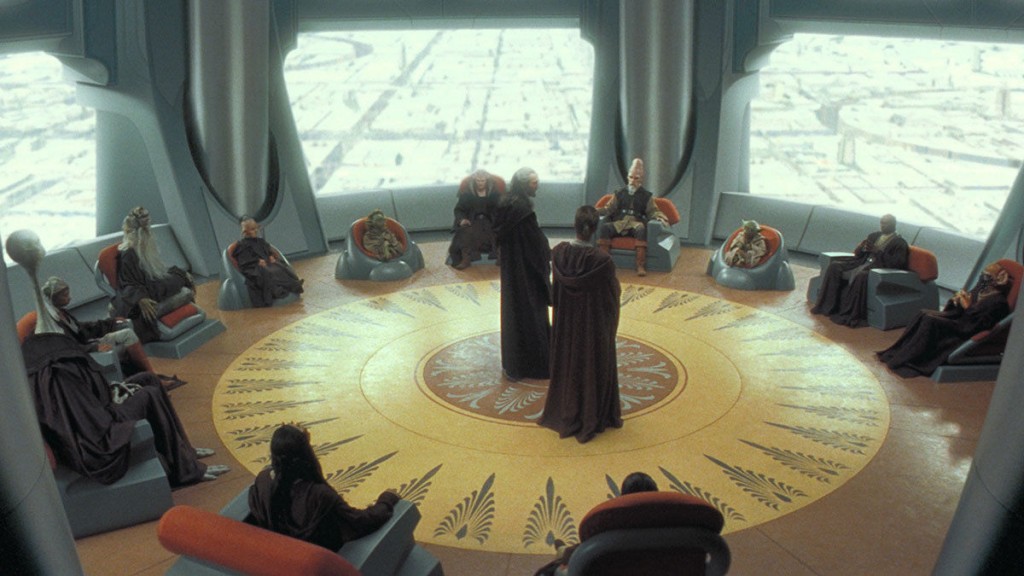
In between Seasons 6 and 7 of The Walking Dead, I finally found the time to watch Deadwood, the acclaimed, short-lived HBO series that helped usher in the current era of prestige television that The Walking Dead has been trying desperately to be a part of. And though Deadwood is a longstanding critical darling while The Walking Dead has been a perpetual whipping boy in the critical community, the most recent seasons of TWD have focused on the same question that consumed Deadwood for its three-season run — specifically, what does it take to make a society?
That’s an oversimplification of both shows, but to my mind, Deadwood was first and foremost about what it means to build a civilization: the myths we perpetuate, the wheels we grease, and the dirt and blood we try to scrub off the floor or otherwise hide in the process. From the onset of the Alexandria arc, The Walking Dead has been interrogating the same idea. Whether it’s Deanna’s vision for Alexandria as the start of a sustainable bit of rebuilding, or Gregory running the Hilltop as his own little fiefdom, or Negan extracting his pounds of flesh with The Saviors, The Walking Dead has been interested in what type of system, what sort of leaders and visions for the future, will prevail. All of these people, like Deadwood’s Al Swearingen, are trying to fashion a society in the midst of something approaching a state of nature, and this era of the show seems as poised as any to dig into the ways that these differing perspectives clash and conflict.









